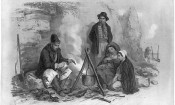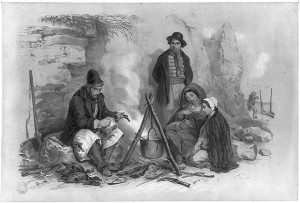
FRAMINGHAM, MA — The City of Framingham, MA has released information that the contract for school buses (with or without drivers) for a three-year period from July 1, 2023, through June 30, 2026 are being put out to bid following the threat of a strike by drivers (and monitors) from Teamsters Local 170 of Worcester, MA against NRT Bus, the company which currently holds the contract to provide school transportation services in Framingham.
(more…)






![[photo] Karen Foran Dempsey, Framingham, MA](https://framingham.biz/wp-content/uploads/2021/01/karen-forran-dempsey_vignette.jpg) FRAMINGHAM, MA – Born and raised in Framingham, Karen Foran Dempsey spent her entire life advocating for equality for those with disabilities, and most recently served as District 2’s School Committee Member. She experienced a challenging physical disability from herearly years and never let it impede her living life to the fullest, as she used her experience to advocate vigorously for all people to have equal access and equal opportunity. Sadly, Karen died suddenly at the age of 54 on December 24, 2020. (
FRAMINGHAM, MA – Born and raised in Framingham, Karen Foran Dempsey spent her entire life advocating for equality for those with disabilities, and most recently served as District 2’s School Committee Member. She experienced a challenging physical disability from herearly years and never let it impede her living life to the fullest, as she used her experience to advocate vigorously for all people to have equal access and equal opportunity. Sadly, Karen died suddenly at the age of 54 on December 24, 2020. (
 FRAMINGHAM, MA – The City of Framingham has received $475,600.00 for Remote Learning Support Services through the Federal CARES Act Coronavirus Relief Fund and the Governor’s Emergency Education Relief Fund.
FRAMINGHAM, MA – The City of Framingham has received $475,600.00 for Remote Learning Support Services through the Federal CARES Act Coronavirus Relief Fund and the Governor’s Emergency Education Relief Fund.





